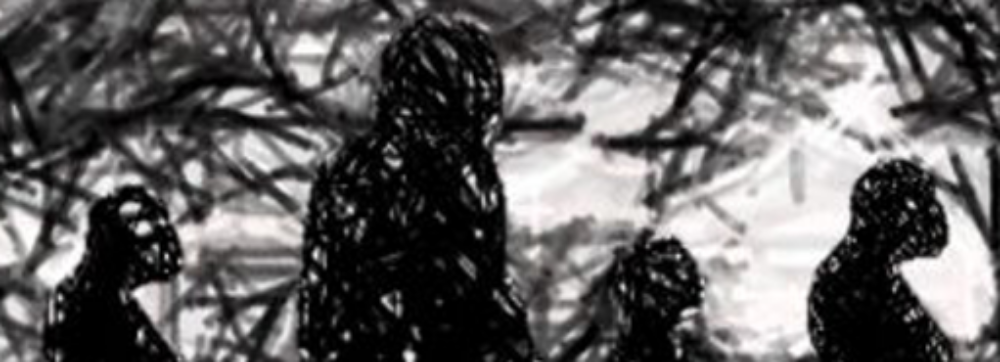Cristina Barés Gómez and Matthieu Fontaine
Mirativity is a grammatical category or a linguistic strategy that makes explicit the surprising aspect of a piece of information. Different mirativity strategies appear in different languages. Whether mirativity forms part of evidentiality (a grammatical category that explicitly expresses the source of information) is an open question. An agent makes use of a mirativity marker when she expresses something about a fact surprising with respect to her background knowledge. But there are different kinds of mirativity markers. Some of them are simple and direct, and others, more complex, involve inferential processes. Here, we focus on complex mirativity. Our proposal goes beyond the purely linguistic analysis, since we try to interpret mirativity, and its role in interaction, as forming part of or involving a particular kind of abductive inference. Mirativity can be used to express the surprising state that triggers an abductive reasoning, but it can also encapsulate its result, in such a way that it can be understood in relation to evidentiality. Thus, at least in some cases of complex mirativity, mirativity may convey indication about the source of information.
It is sometimes argued that mirativity is a separate linguistic category, different from evidentiality. Unlike evidentiality, mirativity does not express anything about the source of information and is confined to the expression of surprise; as in the example from Turkish ????? ???−??ș (“Kemal come”) where −??ș is a mirative marker expressing the surprise1. In this study, we object that although mirativity is concerned with surprise, it sometimes refers back to a speaker’s inference triggered by the occurrence of a surprising fact. As such it provides an indication of the source of information. In the same vein, inferred evidentials indicate that the source of information is an inference. They may even involve a similar inferential process encapsulating such a surprising element, albeit not explicitly. Our point is that in several cases, such an inferential process cannot be dissociated from the surprising element, as it is the case if the underlying reasoning is abductive. Then, the expression of surprise and the source of information are not clear-cut criteria to distinguish between mirativity and evidentiality. Given that the notion of inference is explicitly invoked in linguistic studies2, a philosophical analysis of these concepts based on theory of argumentation turns out to be relevant in order to understand the manifestation of surprise in mirativity and evidentiality.
References
A. Y. Aikhenvald. The essence of mirativity. Linguistic Typology 16, pages 435-485, 2012.
C. Barés Gómez and M. Fontaine. How Surprising! Mirativity, Evidentiality and Abductive Inference. In: Dialog Systems: A Perspective from Language, Logic and Computation. Ed. T. López-Soto. Springer. Switzerland. 2021.
S. Delancey. Mirativity: The grammatical marking of unexpected information. Linguistic Typology 1, 1997.
S. Delancey. Still mirative after all these years. Linguistic Typology 16, 2012.
1 See e.g. Aikhenvald [2012], DeLancey [1997, 2012].
2 Aikhenvald [2012].
